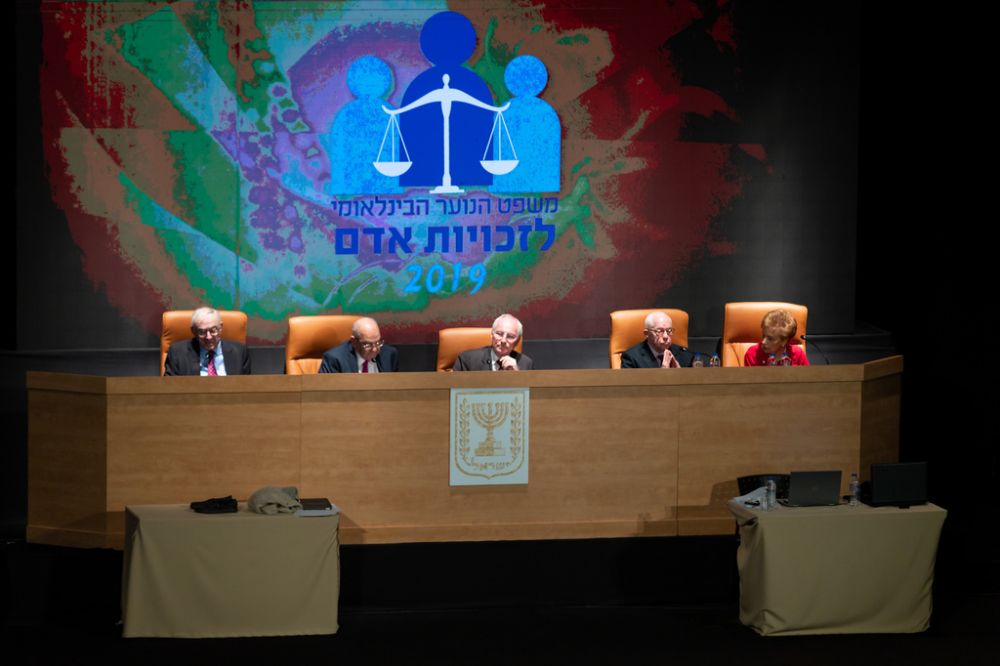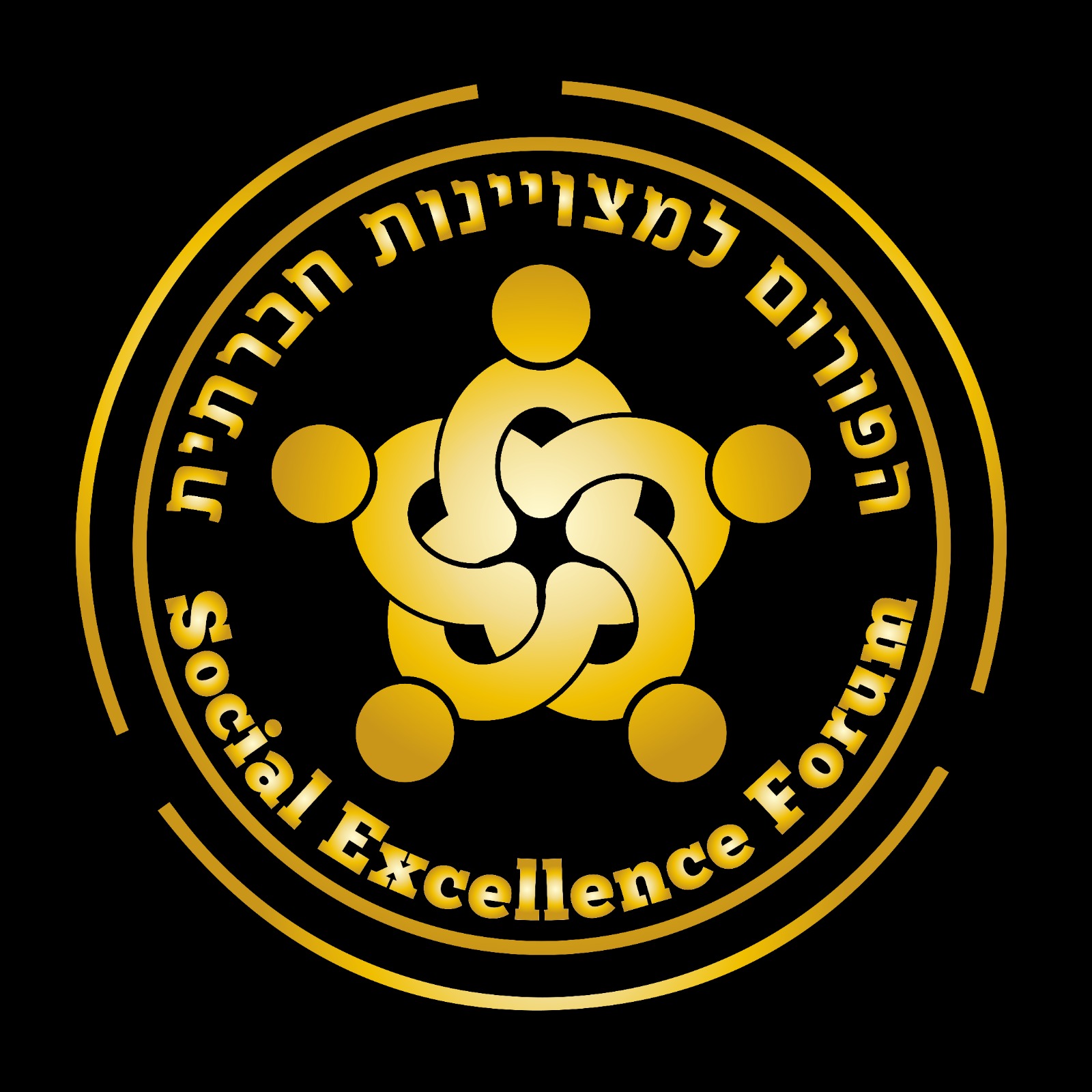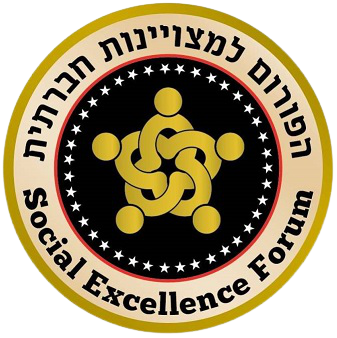Synopsis
The Mock Trial of 2019: Renewal of the Nuremberg Doctors’ Trial

The International Court for Human Rights 2019 made a strong statement for the young leaders who participating in it — pre-selected from diverse sectors in Israel and abroad: that Human Rights violators will eventually face justice, and that they – the future leaders of humanity – should protect the values of Human Rights wherever they are. The mock trial was presided by international judges from the ICC and ECHR, as well as the American, Scottish and Israeli Supreme Courts, and was documented on video for schools all over the country.
The timing and location of the event carried significant symbolic value: the 70th Anniversary of the Universal Declaration of Human Rights of the United Nations, born as an answer to the atrocities of the 2nd World War.
2019 also marked the 70th anniversary of the Convention on the Prevention and Punishment of the Crime of Genocide and the Nuremberg Doctors Trial.
Further, the trial took place in Jerusalem, where Adolf Eichmann was brought to justice more than half a century ago, and where Yosef Mengele was tried in a mock trial of his own in 1985 to raise awareness to the plight of his victims.
In many aspects the trial wasn’t a ‘Mock’ Trial at all, but a legal proceeding which had the markings of a real court. It had a real historical figure for a defendant, with the case against him based on actual evidence and extensive research by top scholars in the field, and an international panel of professional judges of top judicial instances from all over the world to hear the evidence and adjudicate their merits.
The project reached unprecedented scope and depth, with 16 months of research by top international historians and experts on International Criminal Law, aided by international figures from academic establishments in the field of Law, History, Ethics, Bioethics, Medicine and Philosophy.

